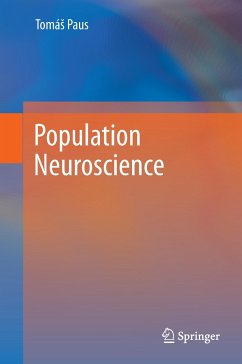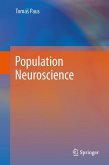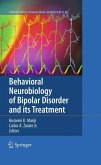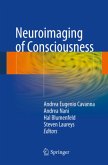Is Newton's brain different from Rembrandt's? Does a mother's diet during pregnancy impact brain growth? Do adolescent peers leave a signature in the social brain? Does the way we live in our middle years affect how our brains age? To answer these and many other questions, we can now turn to population neuroscience.
Population neuroscience endeavors to identify environmental and genetic factors that shape the function and structure of the human brain; it uses the tools and knowledge of genetics (and the "omics" sciences), epidemiology and neuroscience. This text attempts to provide a bridge spanning these three disciplines so that their practitioners can communicate easily with each other when working together on large-scale imaging studies of the developing, mature and aging brain.
By understanding the processes driving variations in brain function and structure across individuals, we will also be able to predict an individual's risk of (or resilience against)developing a brain disorder. In the long term, the hope is that population neuroscience will lay the foundation for personalized preventive medicine and, in turn, reduce the burden associated with complex, chronic disorders of brain and body.
Population neuroscience endeavors to identify environmental and genetic factors that shape the function and structure of the human brain; it uses the tools and knowledge of genetics (and the "omics" sciences), epidemiology and neuroscience. This text attempts to provide a bridge spanning these three disciplines so that their practitioners can communicate easily with each other when working together on large-scale imaging studies of the developing, mature and aging brain.
By understanding the processes driving variations in brain function and structure across individuals, we will also be able to predict an individual's risk of (or resilience against)developing a brain disorder. In the long term, the hope is that population neuroscience will lay the foundation for personalized preventive medicine and, in turn, reduce the burden associated with complex, chronic disorders of brain and body.
From the reviews:
"Intended for students and practitioners with expertise in a wide range of disciplines, from epidemiology through to computational science and neuroscience, and aims to provide an overview of the various methodologies which can be used to study population neuroscience. ... It is better suited to established researchers who are already interested in developing collaborations--epidemiologists looking to work with neuroscientists and vice versa. Hopefully it will be read, and will encourage healthy interaction between these historically quite separate disciplines." (Olivia M. Maynard and Marcus R. Munafò, International Journal of Epidemiology, Vol. 42 (6), December, 2013)
"Intended for students and practitioners with expertise in a wide range of disciplines, from epidemiology through to computational science and neuroscience, and aims to provide an overview of the various methodologies which can be used to study population neuroscience. ... It is better suited to established researchers who are already interested in developing collaborations--epidemiologists looking to work with neuroscientists and vice versa. Hopefully it will be read, and will encourage healthy interaction between these historically quite separate disciplines." (Olivia M. Maynard and Marcus R. Munafò, International Journal of Epidemiology, Vol. 42 (6), December, 2013)








